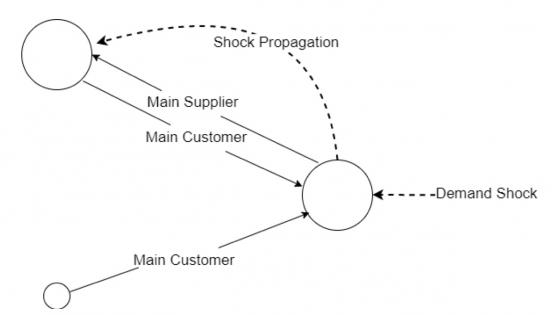DP1252 Can Capital Controls Alter the Inflation-Unemployment Trade-off?
It is well known that in the Mundell-Fleming model capital mobility creates a channel through which permanent (transitory) shocks to aggregate demand such as fiscal and trade shocks are completely (partially) neutralized by the response of the real exchange rate. An important policy implication of the model which has gone largely unnoticed is how the transmission of these shocks under different degrees of capital mobility may alter the inflation-unemployment trade-off, i.e. the Phillips Curve. In the context of the stochastic Mundell-Fleming model we show that capital controls reduce the output/employment variations at the expense of larger variations in inflation rates. When policy-makers put more weight on stable employment rather than stable inflation, their objectives can thus be attained more easily under capital controls.

